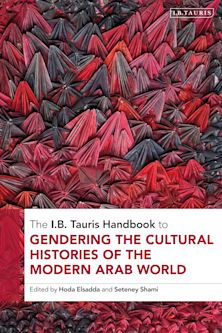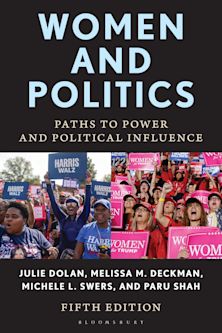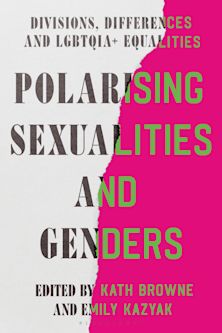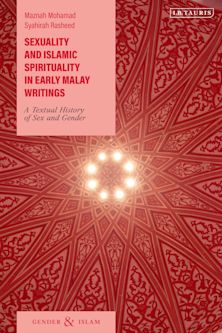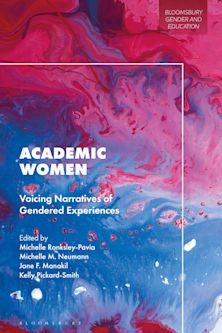Global Women Leaders
Studies in Feminist Political Rhetoric
Global Women Leaders
Studies in Feminist Political Rhetoric
This product is usually dispatched within 2-4 weeks
- Delivery and returns info
-
Flat rate of $10.00 for shipping anywhere in Australia
Description
Global Women Leaders: Studies in Feminist Political Rhetoric demonstrates the ways in which women have used political rhetoric and political discourse to provide leadership, or assert their right to leadership, on a global level. This collection fits into the robust research area of international political women and their use of language in gaining and maintaining political power. It casts a wider net in terms of discussing women’s efforts to assert and preserve their roles of authority, particularly when their audiences may perceive their authority as illegitimate due to gender. Chapters dedicated to Elizabeth II and Sheikha Moza Bint Nasser discuss the more traditional ways in which women leaders use language to construct political power. Other chapters focus on women who serve as political activists, either individually or as part of a group, including Aasma Mahfouz of the Egyptian Revolution of 2011 and the women who help direct United Nations policy through their speeches in the General Assembly. Global Women Leaders will appeal to scholars of political communication and international rhetoric.
Table of Contents
Part I: The Elizabeths: Women and Leadership in the United Kingdom
Chapter 1: “The Heart of a King”: Gender Components Affecting the Leadership and Political Rhetoric of Elizabeth I, Charlotte Evans
Chapter 2:Queen Elizabeth II and Princess Diana: Saving the Monarchy, Kathleen Mollick
Part II: Maathai, Ogot, and Ngilu: Women and Leadership in Kenya
Chapter 3: Environmental Conservation, Peace, Democracy, and Development: A Case Study of Wangari Maathai’s Speeches, Catherine Waithera Mwangi and Oscar Gakuo Mwangi
Chapter 4: The “Extension of Self in Service”: An Analysis of Female Kenyan Political Leaders, Joy Williams-Black
Part III: When Nations Unite: A Global Community of Female Leaders in the United Nations
Chapter 5: Women’s Rhetorical Leadership within the United Nations, Valerie M. Hennings and Laura Steckman
Chapter 6: Samantha Power: Before and After “Hell”, William Carney
Part IV: Global Figures: Social Issues and Social Media
Chapter 7: Assessing the Rhetoric of Sheikha Moza: Mistress of Ethos, Mohanalakshmi Rajakumar
Chapter 8: Religiously Gendered: Online Political Discourse in the 2011 Egyptian Revolution, Nicole Khoury
Product details
| Published | 18 Apr 2016 |
|---|---|
| Format | Paperback |
| Edition | 1st |
| Extent | 200 |
| ISBN | 9781498503211 |
| Imprint | Lexington Books |
| Illustrations | 4 Tables |
| Dimensions | 231 x 151 mm |
| Publisher | Bloomsbury Publishing |












